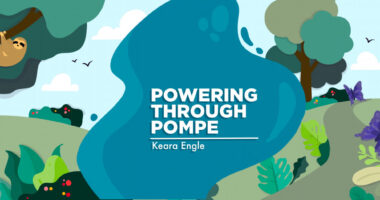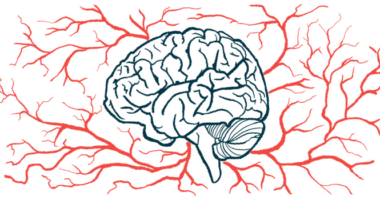Recreational Therapy for Late-onset Pompe Disease

Living with a chronic disorder such as late-onset Pompe disease can lead to anxiety, stress, and feelings of isolation. If you have the disease, recreational therapy may help to improve your psychological and physical well-being.
What is Pompe disease?
Pompe disease is a debilitating and progressive disorder that’s characterized by the abnormal buildup of a sugar molecule called glycogen inside cells. This buildup impairs the working of different organs and tissues, especially the heart, respiratory, and skeletal muscles.
Late-onset Pompe disease affects around two-thirds of patients, and may begin anytime from late childhood or adolescence, or even in adulthood. It is characterized by muscle weakness, aches, and cramps, and possibly headaches and fatigue.
What is recreational therapy?
Recreational therapy, sometimes called therapeutic recreation, uses recreation and other activity-based interventions to address the needs of those with chronic illnesses or disabling conditions. The intent is to improve or maintain physical, cognitive, social, and emotional functioning to help patients fully participate in life.
What does it involve?
A certified therapeutic recreation specialist (CTRS) provides and directly supervises the service. He or she helps assess your needs and develops a program especially for you.
The goal is to help maintain your physical, mental, and emotional well-being by easing stress. Recreational therapy can also help strengthen or recover your motor and reasoning abilities, build your confidence, and keep you engaged.
Recreational therapy may include arts and crafts, animals, sports, games, dance and movement, drama, music, and community outings.
A doctor’s referral is usually necessary to begin recreational therapy. If you think this therapy would help you, talk to your doctor or healthcare team about getting a referral to a program that’s convenient for you.
How can recreational therapy help Pompe disease patients?
In addition to lifelong injections of enzyme replacement therapy, Pompe disease patients may also need to see a number of specialists, such as pulmonary physicians, cardiologists, and physiotherapists, to help them manage the different symptoms of the condition. Such regular healthcare visits can have a toll on your social life as well as your work life. Recreational therapy can help, by involving you in activities with others.
Some patients with late-onset Pompe disease may experience anxiety and depression, especially as the disease progresses. Recreational therapy may be able to ease these symptoms.
Pompe disease patients may also benefit from physiotherapy to preserve muscle strength and allow them to maintain independence for as long as possible. Some recreational therapy involving movement may be beneficial. You must take care, though, since muscle weakness in Pompe disease can cause balance problems, leading to a higher risk of falls. Your CTRS can produce a plan that is right for you.
Last updated: Dec. 15, 2020
***
Pompe Disease News is strictly a news and information website about the disease. It does not provide medical advice, diagnosis, or treatment. This content is not intended to be a substitute for professional medical advice, diagnosis, or treatment. Always seek the advice of your physician or other qualified health provider with any questions you may have regarding a medical condition. Never disregard professional medical advice or delay in seeking it because of something you have read on this website.





